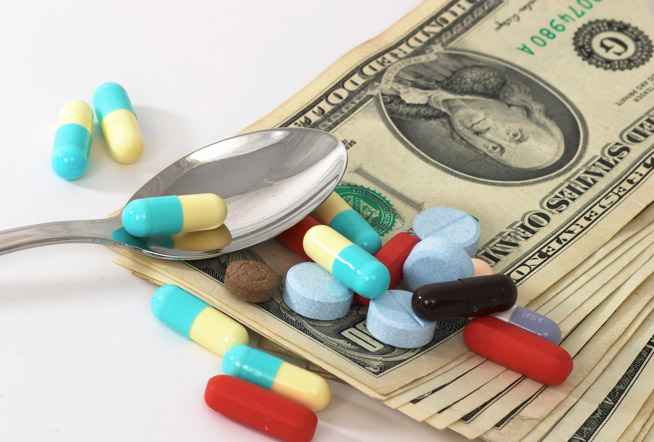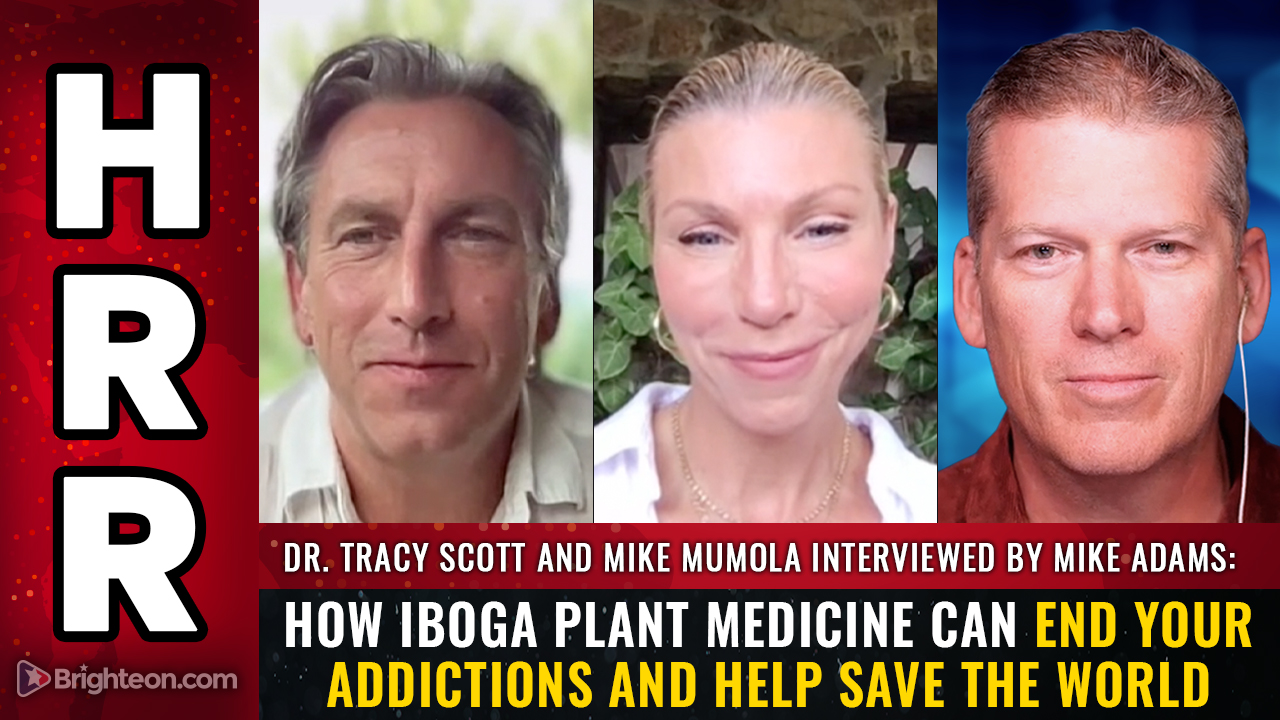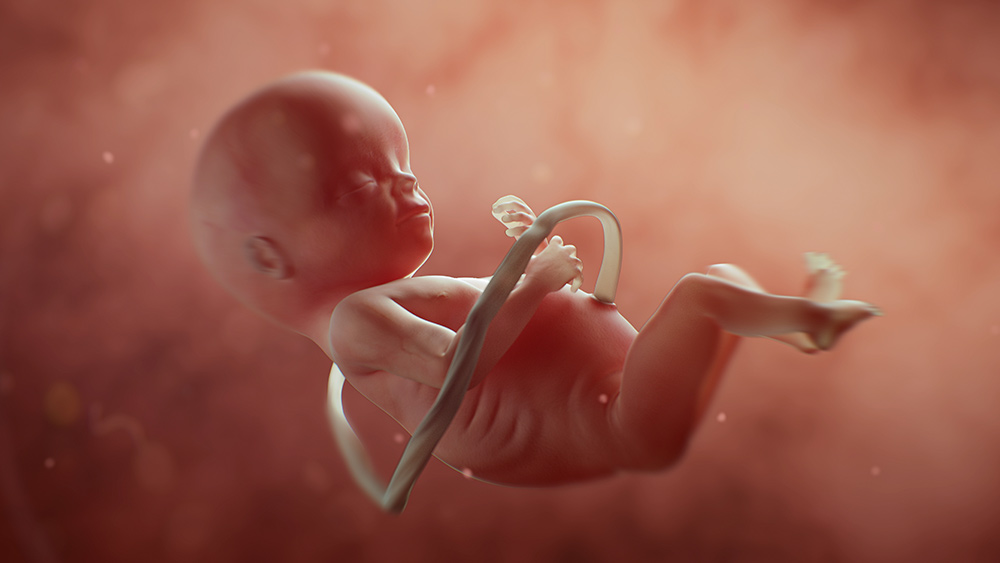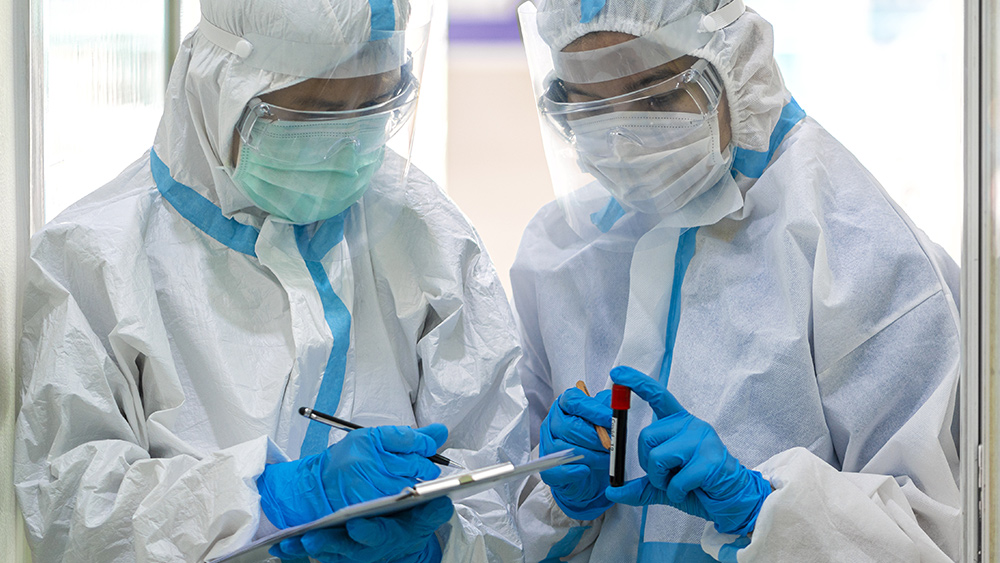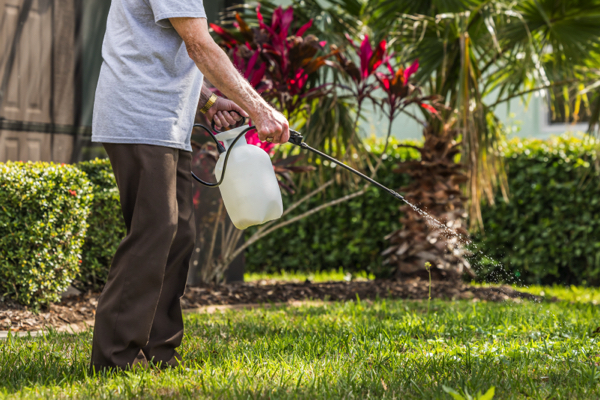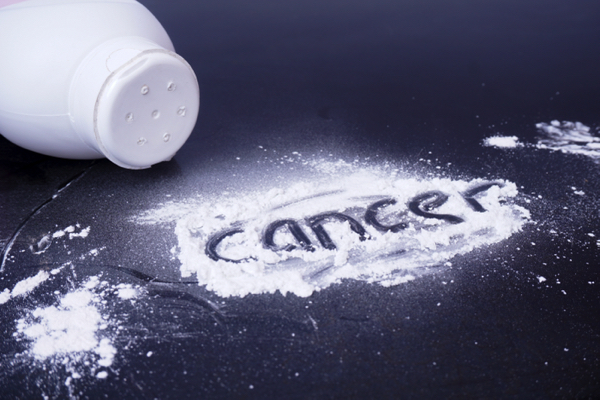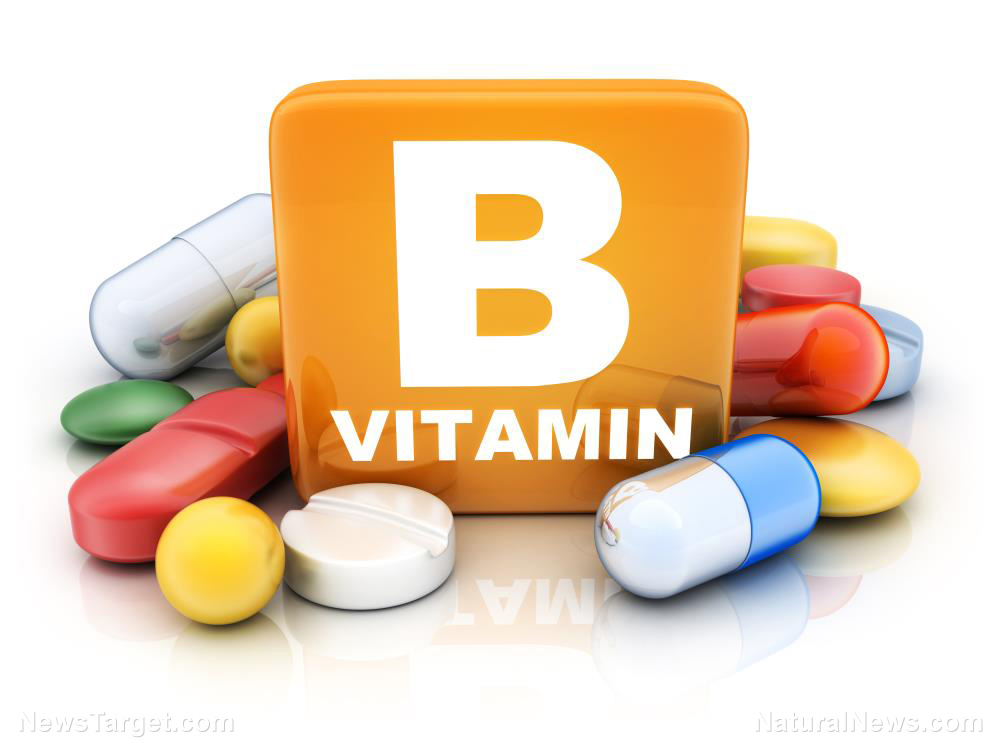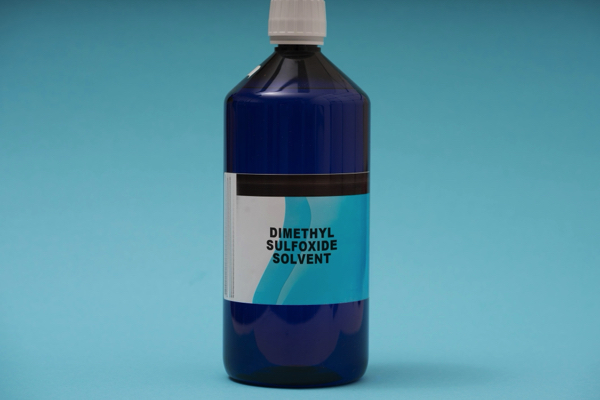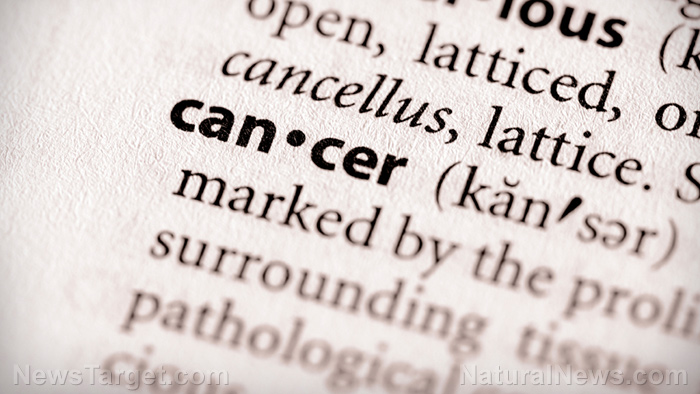LONGEVITY: Vitamin D may help halt cellular clock, landmark study discovers
06/12/2025 / By Willow Tohi
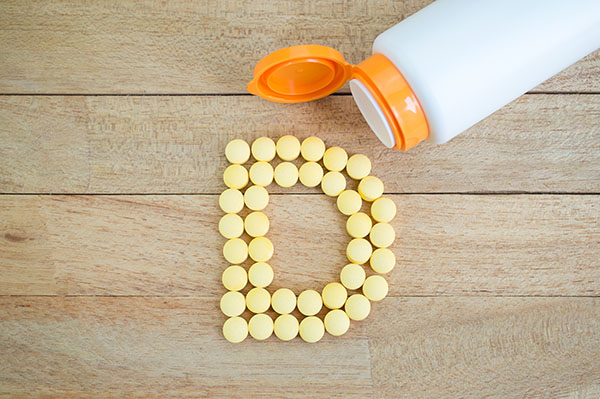
- A large-scale clinical trial linked daily vitamin D supplementation to slower telomere shortening, a biological marker of aging, over four years.
- Observers caution that the effect size (140 fewer base pairs lost) was small and falls within normal variation, limiting its clinical significance.
- The study aligns with prior findings that vitamin D reduces chronic disease risks but highlights the need for diverse, long-term trials.
- Scientists warn against interpreting telomeres as a straightforward “aging clock,” as length extremes can signal health risks.
- Experts recommend vitamin D for at-risk groups but emphasize lifestyle, not supplements, as primary tools for healthy aging.
A landmark study recently published in the American Journal of Clinical Nutrition reveals that vitamin D supplementation may slow a key sign of biological aging: telomere shortening. The analysis, drawn from the VITamin D and OmegA-3 TriaL (VITAL), followed over 1,000 participants aged 50–79 and found that daily 2,000 IU of vitamin D delayed telomere attrition by roughly 140 base pairs over four years compared to a placebo. While the findings add to growing evidence of vitamin D’s anti-aging potential, experts emphasize that translating this cellular benefit into measurable health outcomes requires further investigation.
Telomeres, the protective caps at chromosome ends, erode with each cell division, signaling aging and predisposing individuals to diseases like heart disease and dementia. The study’s lead author, Dr. Haidong Zhu of Augusta University, noted that vitamin D “slows down the telomere shortening process,” but coauthor Dr. JoAnn Manson of Harvard urged restraint: “Replication in another trial is crucial before changing guidelines.”
Key findings confirm and complicate earlier hypotheses
The VITAL Telomere sub-study — a subset of 1,054 participants from the broader 25,871-person trial — measured telomere length in white blood cells at years 0, 2 and 4. By the close of the 2020s, patients taking vitamin D retained an average of 140 more base pairs (out of ~8,700) than those on placebo. This difference corresponded to a slight “three-year aging delay,” per the report.
The results align with prior VITAL data linking vitamin D to lower risks of chronic conditions like advanced cancer and autoimmune diseases. However, the effect size remains modest. Dr. Mary Armanios, a telomere specialist at Johns Hopkins, compared the 140-base-pair difference to a trivial blood hemoglobin rise, cautioning against overinterpreting it as a health benefit: “Most of us are in a safe middle range. Extremes matter — too short or too long can both be dangerous.”
The study also found no telomere-protective effect from omega-3 fatty acids, despite their established cardiovascular benefits.
Experts urge caution over telomere “clock” assumptions
While telomeres have long been touted as an aging “biological clock,” researchers stress their complexity. Armanios underscored that the method used — quantitative polymerase chain reaction (qPCR) — can distort results due to handling variables, reducing reliability for subtle changes. “Telomere tests in labs can be like a voltmeter measuring room temperature,” she said. “Even a three-degree shift might mean nothing.”
Moreover, telomere length is not an infallible indicator of aging. A 2023 study in the New England Journal of Medicine linked excessive telomere elongation to increased cancer risk, suggesting that “just right” is key. “Short telomeres are bad — so are superlong ones,” Armanios noted.
Critics also question VITAL’s homogeneity. Nearly all participants were white, raising concerns about generalizability. “If we had a broader population, would the results change?” asked Marion Nestle, an NYU nutrition professor. “These gaps warrant further scrutiny.”
Vitamin D’s role beyond bone health evolves
Historically celebrated for strengthening bones, vitamin D’s broader roles are emerging. Manson emphasized that the trial’s findings may explain its prior disease-prevention effects: “Telomere protection could mechanistically tie to reduced inflammation and cancer risk.”
Global guidelines for vitamin D remain conservative. The National Academy of Medicine advises 600–800 IU daily for most adults, while the Endocrine Society targets those at risk (e.g., the elderly, deficient individuals) to take 1,500–2,000 IU. Supplements may offer marginal gains, but experts stress lifestyle over pills. “Sunlight, diet and activity are more impactful,” said Armanios.
The EU’s DO-HEALTH trial testing 2,000 IU on 2,156 adults over 70 found no overall reduction in diseases but noted minor bone and infection benefits. Meanwhile, observational data like the ESTHER study correlate higher vitamin D levels with fewer heart deaths, but these may reflect confounding factors like exercise habits.
Future directions: Precision and context
Researchers agree more diverse, longer trials are needed—to account for factors like race, disease history and sun exposure. Dr. Anastassios Pittas of Tufts University noted that VITAL’s results support existing recommendations for at-risk groups, such as older adults and prediabetics.
Dosage remains a key question: 2,000 IU appears safe, but doses exceeding 10,000 IU risk hypocalcemia, Manson cautioned.
Balancing promise and practicality in aging research
The VITAL Telomere sub-study adds intrigue to the aging-delaying potential of vitamin D but underscores why dogma about wonder nutrients must give way. While practitioners may refine recommendations for vulnerable populations, there is no shortcut here: “Telomere length shouldn’t drive supplement choices,” Armanios said. “Exercise outside, eat a balanced diet — those are still your best bets.”
As the search for anti-aging tools continues, the study’s takeaway is clear: Provocative findings, like telomere biology itself, demand attention.
Sources for this article include:
Submit a correction >>
Tagged Under:
#nutrition, aging secrets, anti-aging, biological aging, cell aging, discoveries, health science, longevity, men's health, natural health, natural medicine, Naturopathy, nutrients, research, supplements, vitamin D, women's health
This article may contain statements that reflect the opinion of the author


